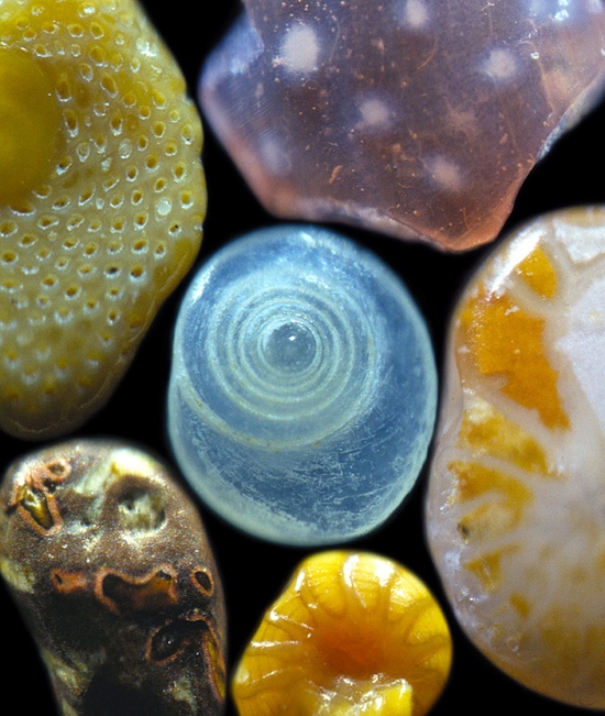Reposted from Green Prophet:
Sustainable News for the Middle East
Saudi Arabia isn't well known for its architectural subtlety, but Gerber Architekten's renovation of the King Fahad National Library in Riyadh suggests that the Kingdom may be open to a new approach. Instead of completely razing the original structure built in the 1980s to hold the country's legal deposit and copyright files, the
project coordinators opted to strengthen and add to the existing building.
Not only does this decision maintain whatever sentimental value given to the library, it also saves whatever
energy and materials would have been required for a complete rebuild.
What's more, the design team added a slew of new features that make it perform in accordance with contemporary efficiency standards. Gerber Architekten retained the original
concrete building with a cruciform frame, around which they then wrapped a new cuboid structure that acts like something of a shield.
Steel and glass skylights replaced the original dome and roof, which creates stability and allows more natural light into the reading rooms. This in turn allows the library to reduce their energy consumption, since less electrical lighting is required during the day.
The textile façade also reduces the structure’s energy use. Comprised of a Teflon-coated fiberglass membrane cloth that attaches to a grid of pre-stressed stainless steel cables arranged in a recognizable Arabic pattern, the façade shades the building from the harsh sun without blocking the light.
Similar external shading structures, like that attached to the Al Bahar Towers in Abu Dhabi, require a great deal of infrastructure, and are therefore less materially efficient than the simple cable wires - a brilliant intervention that creates a dynamic geometric façade.
More than just a library, the renovated building has become a visually captivating landmark in Riyadh, the largest and capital
city of Saudi Arabia. Which is an encouraging thing - to indirectly promote adaptive
reuse in a place that typically favors all things fancy and splashy.
Saudi Arabia, like Abu Dhabi and to some extent Qatar, is deliberately attempting to wean its
local populace off fossil fuels so that they can be used as an export commodity.








